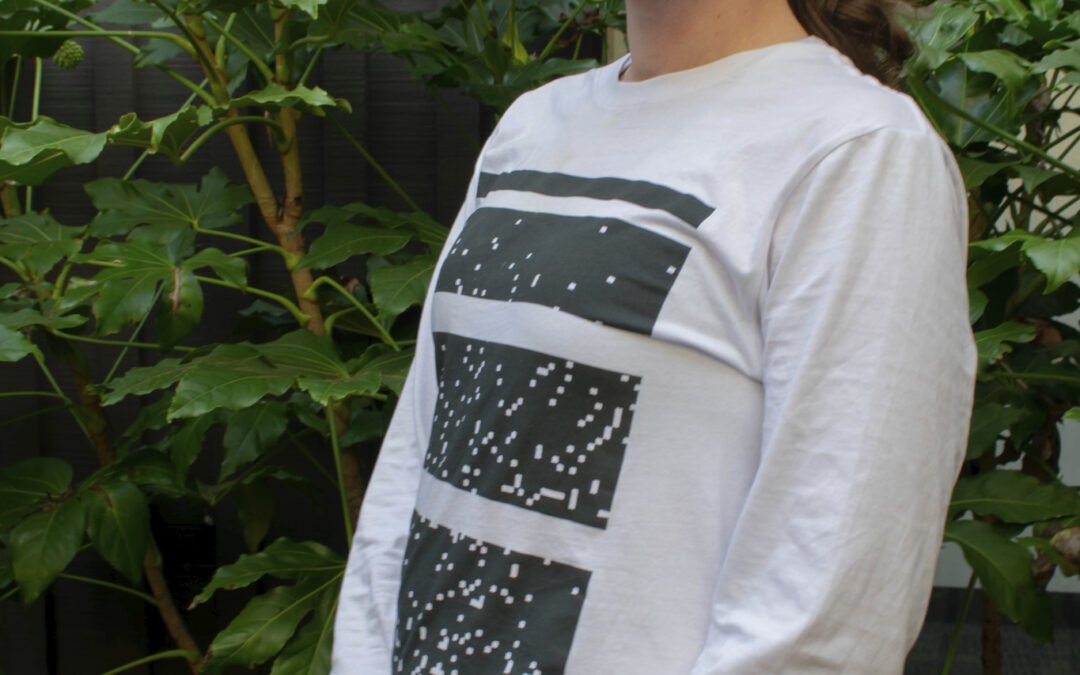As part of our broader spotlight series — where we highlight the amazing people involved in collegiate recovery from students to staff — we are now featuring the profiles of our fellows. Read more about their area of study, how they got involved with ARHE and their role, and find out their vision for the future of the field. Plus more.
This week’s feature is ARHE Justice and Equity Fellow, Dharma Mirza.
Name: Dharma Mirza
Pronouns: She/her/hers
Institution: Oregon State University
Area of Study: I am studying Public Health, Queer Studies & Medical Humanities.
Dream Job: My dream job is just doing the work of health justice and liberation for marginalized people. I especially love public speaking, oration, and queer of color critique.
ARHE Position: I am the 2020-21 ARHE Justice & Equity Fellow.
What have you enjoyed about your ARHE fellowship so far?
I have really enjoyed being able to advocate for communities and cultures that are often left behind in collegiate recovery. It’s been great meeting people from around the field also, and building a network of collegiate recovery professionals.
What are you hoping to work on for ARHE or the collegiate recovery field?
I hope to help infuse more equity into our conference, and to help initiate some more programming from ARHE focused on equity and social justice.
Are there changes you would like to see in the collegiate recovery field overall?
I would like to see a collegiate recovery field that is inclusive of diverse peoples as a matter of design, and not a matter of response. I want to see the field become a safe space for LGBTQ+ and BIPOC students, as they deserve to recover too! Black Lives Matter!
Do you have any words of advice for students in recovery?
My biggest advice is that you are not a risk factor or a statistic. Our health is the result of navigating oppressive and broken systems, especially for those of us who are part of historically marginalized communities outside of recovery. I always stress that things like racism, homophobia, transphobia, and ableism are risk factors for addiction, not your cultural/personal identities!

